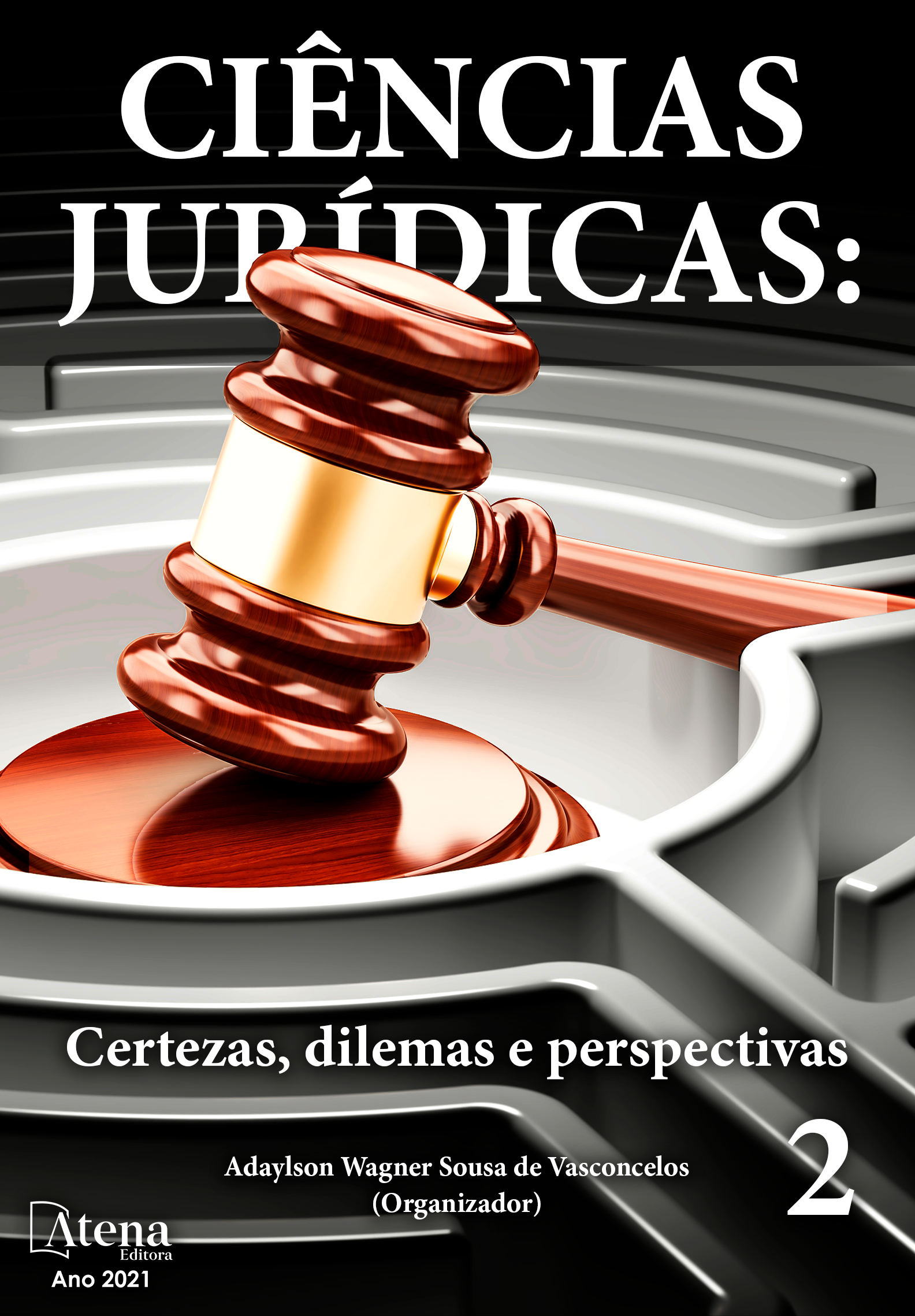
Algumas ideias para um Judiciário eficiente e eficaz: uma visão prática, sistêmica e republicana
O presente estudo, realizado por meio de pesquisa bibliográfica e através do método dedutivo, tem por objetivo realizar uma análise sistêmica, em tese, do sistema judiciário, verificar o resultado que entrega para sociedade na atualidade sob o prisma das demandas de uma época tecnológica que cobra agilidade dos sistemas e compara-lo com a formatação geográfica da República Brasileira. A partir daí formulam-se ideias buscando origens históricas para fundamentar a análise proposta; evidenciar mecanismos de solução de problemas por meio das causas e não das consequências; analisar as demandas da sociedade e as respectivas respostas do sistema e as razões pelas quais o sistema judiciário brasileiro não entrega soluções adequadas à sociedade; e elencar algumas possíveis soluções que podem ser definitivas, porém complexas, mas, eficazes, que envolvem alterações de competências das instâncias desse sistema. Um país funciona por meio de sistemas e subsistemas que precisam trabalhar para fornecer a quem os acessa, de preferência, resultado preciso, confiável e célere que atenda as suas expectativas. O sistema atual de justiça brasileiro não cumpre essas finalidades, inclusive o direito fundamental constitucional que é a duração razoável do processo. Para solucionar o grave problema da extrema duração de processos adota-se periodicamente medidas paliativas que não o resolvem.
Algumas ideias para um Judiciário eficiente e eficaz: uma visão prática, sistêmica e republicana
-
DOI: 10.22533/at.ed.73421221117
-
Palavras-chave: Sistema de justiça. Duração do processo. Medidas paliativas.
-
Keywords: Justice system. Process duration. Palliative measures.
-
Abstract:
This paper, carried out through bibliographical research and through the deductive method, aims to perform a systemic analysis, in theory, of the judicial system, to verify the result that it delivers to society today under the prism of the demands of a technological age that systems demands are required and with the geographic formatting of the Brazilian Republic. From there, ideas are formulated seeking historical origins to support the proposed analysis; highlight problem solving mechanisms through causes rather than consequences; analyze the demands of society and the respective responses of the system and the reasons why the Brazilian judicial system does not deliver adequate solutions to society; and list some possible solutions that can be definitive, but complex, but effective, which involve changes in the competences of the instances of this system. A country works through systems and subsystems that need to function to provide those who access them, preferably, with an accurate, reliable and fast result that meets their expectations. The current Brazilian justice system does not fulfill these purposes, including the fundamental constitutional right, which is the reasonable duration of the process. To solve the serious problem of the extreme length of proceedings, palliative measures are periodically adopted without solve it.
-
Número de páginas: 15
- Ricardo Tannenbaum Nuñez


